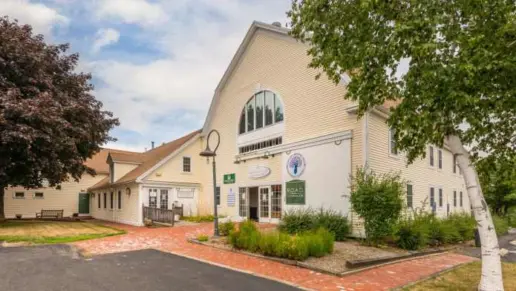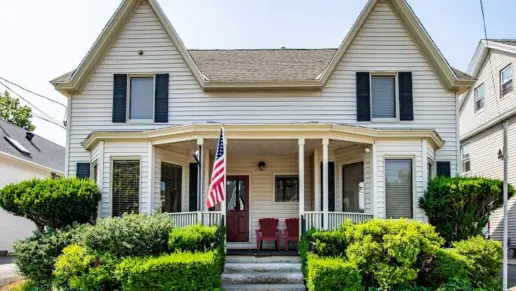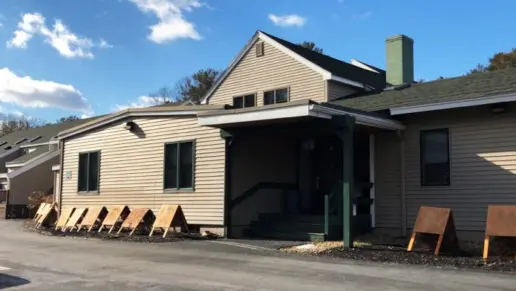About Harmony House Sober Living
Specialty rehab programs at Harmony House Sober Living include gender-specific addiction treatment addressing unique challenges faced by men and accessible addiction treatment using sign language and adapted communication methods.
Patients at Harmony House Sober Living will find the residential setting creates an immersive environment promoting full engagement in recovery away from daily triggers and the WiFi lets you stay connected with support networks and manage personal affairs during treatment. For recreation, patients can continue education during recovery with day school.
Other Forms of Payment
Self-pay involves paying for treatment out of your own pocket. You can use savings or credit, get a personal loan, or receive help from family and friends to fund your treatment. If you don't have insurance or your insurance plan doesn't cover a specific program, self-pay can help ensure you still get the care you need.
Private insurance refers to any kind of healthcare coverage that isn't from the state or federal government. This includes individual and family plans offered by an employer or purchased from the Insurance Marketplace. Every plan will have different requirements and out of pocket costs so be sure to get the full details before you start treatment.
Addiction Treatments
Levels of Care
Treatments
The goal of treatment for alcoholism is abstinence. Those with poor social support, poor motivation, or psychiatric disorders tend to relapse within a few years of treatment. For these people, success is measured by longer periods of abstinence, reduced use of alcohol, better health, and improved social functioning. Recovery and Maintenance are usually based on 12 step programs and AA meetings.
Treatment provided at drug rehab in New Hampshire prepares individuals to handle life stressors without using substances. Participants get the tools and support they need to maintain lifelong recovery.
Substance rehabs focus on helping individuals recover from substance abuse, including alcohol and drug addiction (both illegal and prescription drugs). They often include the opportunity to engage in both individual as well as group therapy.
Programs


Clinical Services
Throughout the program, individuals participate in peer groups and each phase offers its own accountability group. House managers and group leaders continuously foster a sense of community and belonging, especially important during the early stages of recovery. During the third phase, residents participate in a group specifically created to help others and they can also run peer-driven groups.
Daily structure and accountability to the recovery process continue with entry into life skills groups addressing common issues for people in early recovery such as money and time management, continuing education, resume building, employment counseling, and career opportunities leading to steady employment.
Amenities
-
Residential Setting
-
Private Setting
-
Wifi
Contact Information
191 Meadow St
East Wakefield, NH 03872


